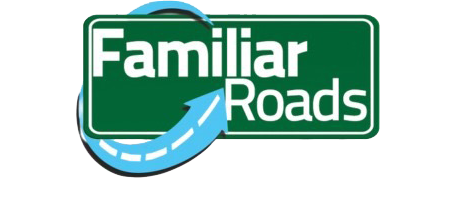When a family member becomes ill or disabled, it often falls upon the family to provide care. But what if you could turn this labor of love into a profession? Becoming a paid caregiver for a family member is a growing trend, as it allows the caregiver to provide for their loved one without forfeiting their own financial stability. Here’s how to navigate this path.
The role of a caregiver can be extremely demanding. It often includes managing medications, assisting with daily activities, and providing companionship. As the population ages and healthcare systems become more strained, the need for in-home care is expected to rise. Fortunately, there are ways to receive financial compensation for these invaluable services.

Before you consider becoming a paid caregiver, it’s crucial to determine if your family member is eligible for programs that compensate family caregivers. Eligibility varies widely depending on several factors:
Several paths can lead to becoming a paid caregiver:
Becoming a paid caregiver means you are entering into a professional agreement, which has legal and tax implications. Consider the following:
Though not always legally required, obtaining training and certification can significantly enhance your caregiving skills, better prepare you for the role’s challenges, and may even be necessary for certain payment programs. Here are some certifications to consider:
In any case, make sure the certification is recognized by the state in which you’ll be working. Each state has different regulations and requirements for caregivers. To maintain your certification, you may also need to complete continuing education units (CEUs).
Community colleges, vocational schools, and private organizations often offer caregiver training programs. Additionally, organizations such as the Red Cross provide widely recognized CPR and First Aid certifications. For HHA and DCW certifications, you may find programs offered by healthcare training institutions or through local community agencies that serve the elderly and disabled.
It’s important to note that some certification programs can be completed online, while others require in-person attendance for hands-on training, especially for tasks that are more complex or require direct patient contact.
The process of becoming a certified caregiver, whether as a CNA, HHA, or DCW, signifies a commitment to providing high-quality care. These certifications can also make you more attractive to programs and agencies that pay for caregiving services, as they often prefer or require certified individuals.
The journey to becoming a paid caregiver involves several steps, and it’s important to have a structured approach to navigate this path:
Involving an agency like Familiar Roads Home Health Agency can provide a sense of security and confidence as you embark on the transition to becoming a paid caregiver for your family member. With their support, you can ensure that you are taking the correct legal and professional steps while also providing the best care possible to your loved one.
The process can be daunting, but you are not alone. Seek support and resources from:
While financial compensation is important, remember that caregiving is also an emotional journey. Balancing the dual roles of professional caregiver and loving family member requires patience, understanding, and clear boundaries.
Are you ready to embark on the rewarding journey of becoming a paid caregiver for a loved one? Don’t navigate this path alone. Reach out to Familiar Roads Home Health Agency today for expert guidance and support. Our team can assist you with navigating programs, accessing training resources, understanding legal and employment responsibilities, and offering the necessary support services.
👉 Contact Familiar Roads Home Health Agency to explore your options and receive the guidance you need to become a competent and compassionate paid caregiver. We are here to help you provide the best care for your loved one while ensuring your own professional growth and financial stability.
Remember, caregiving is not just a responsibility; it’s a profound way to make a difference in the life of someone you love. Let Familiar Roads Home Health Agency be your partner in this journey.
✅ Reach out to us now and take the first step towards a fulfilling caregiving experience.

Copyright © 2023 Familiar Roads Home Health Care Agency, All rights reserved
Made By Digi Grows LLC